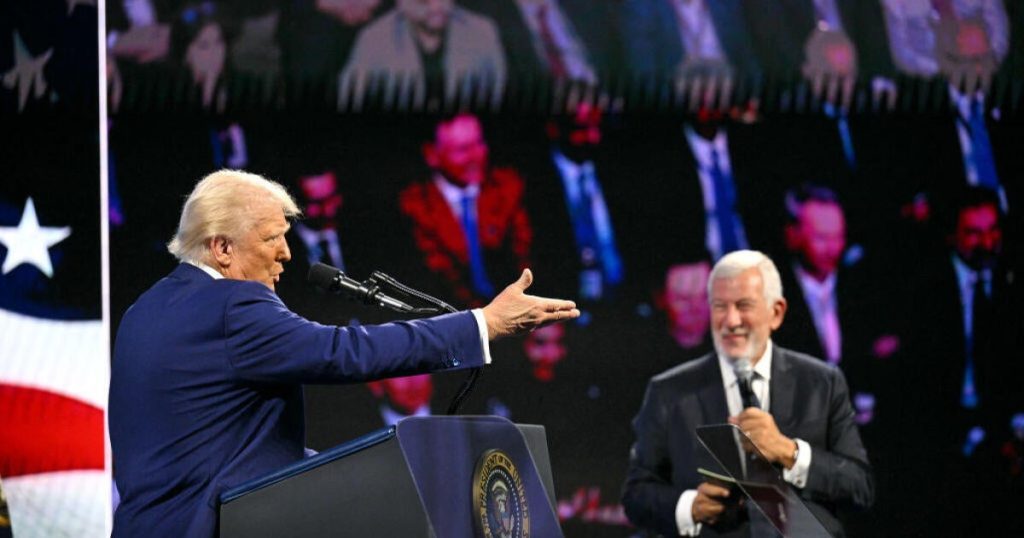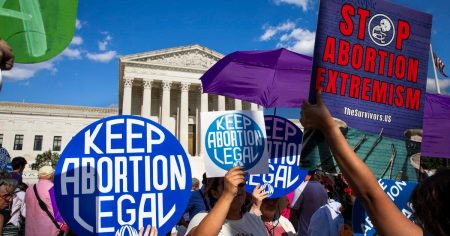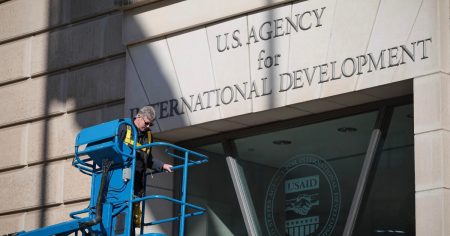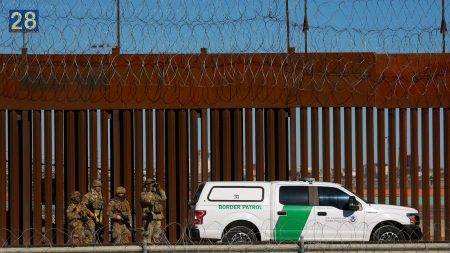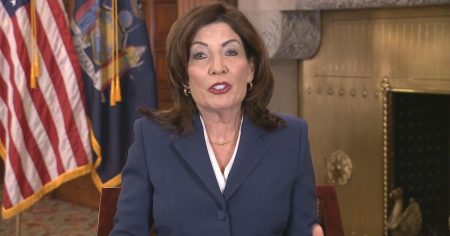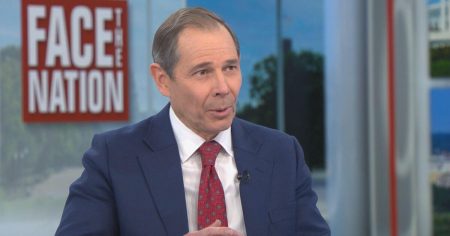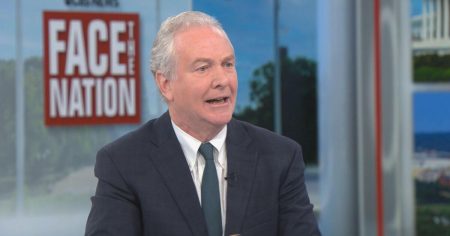Trump’s Engagement with Saudi Arabia: A Complex Dance of Politics and Business
President Donald Trump’s recent speech at a Saudi-backed investment conference in Miami highlights a intricate web of politics, business, and ethics. The event, sponsored by Saudi government entities, underscores Trump’s expanding business ties with Saudi Arabia, particularly through his organization and son-in-law Jared Kushner’s firm, which has received significant Saudi investment. This relationship raises questions about the confluence of personal gain and presidential responsibility.
Business and Presidential Interests: A Delicate Balance
Trump’s business dealings with Saudi Arabia, including potential real estate ventures and hosting LIV Golf tournaments at his properties, suggest a direct financial benefit. While he has handed over day-to-day operations to his children, his retained interests could influence his presidential decisions, blurring the lines between public service and private profit. Critics argue that such ties may prioritize business interests over national ones, particularly in policy-making and international relations.
Sportswashing and Ethical Concerns
The partnership with LIV Golf, a Saudi-backed league, has drawn criticism for ‘sportswashing’—improving Saudi Arabia’s image despite human rights concerns. Trump’s defense of Saudi involvement, deflecting by questioning 9/11 responsibility, avoids addressing ethical issues. This stance raises concerns about his priorities and the potential for compromised ethical standards in U.S. foreign policy.
Ethical Norms and Legal Boundaries
Unlike past presidents who divested assets to avoid conflicts, Trump’s partial trust arrangement leaves questions about his commitment to ethical norms. Legally, he’s within bounds, but the absence of full divestment undermines public trust, suggesting decisions might favor personal gain. This could erode confidence in the presidency’s impartiality, crucial for democratic integrity.
Policy Motives and National Security Implications
Trump’s support for lower corporate taxes for U.S. manufacturers, while having Saudi business ventures, introduces questions about policy motives. The convergence of personal business and policy could lead to decisions benefiting his enterprises, potentially at the expense of broader national interests. National security concerns also arise, as close ties with an authoritarian regime might skew policy decisions.
Conclusion: Eroding Trust in the Presidency
The intertwining of Trump’s business and presidential roles raises significant ethical and national security concerns. While legal boundaries are maintained, the lack of clear separation undermines public trust. This complex situation underscores the importance of ethical norms in leadership, essential for maintaining the integrity and impartiality of the presidency.





